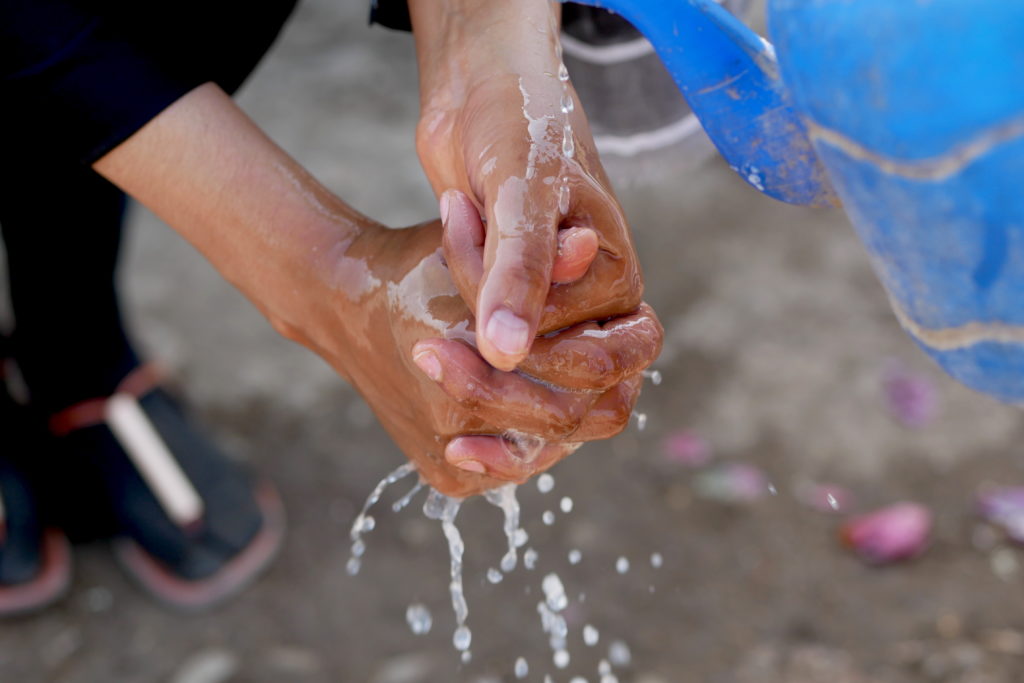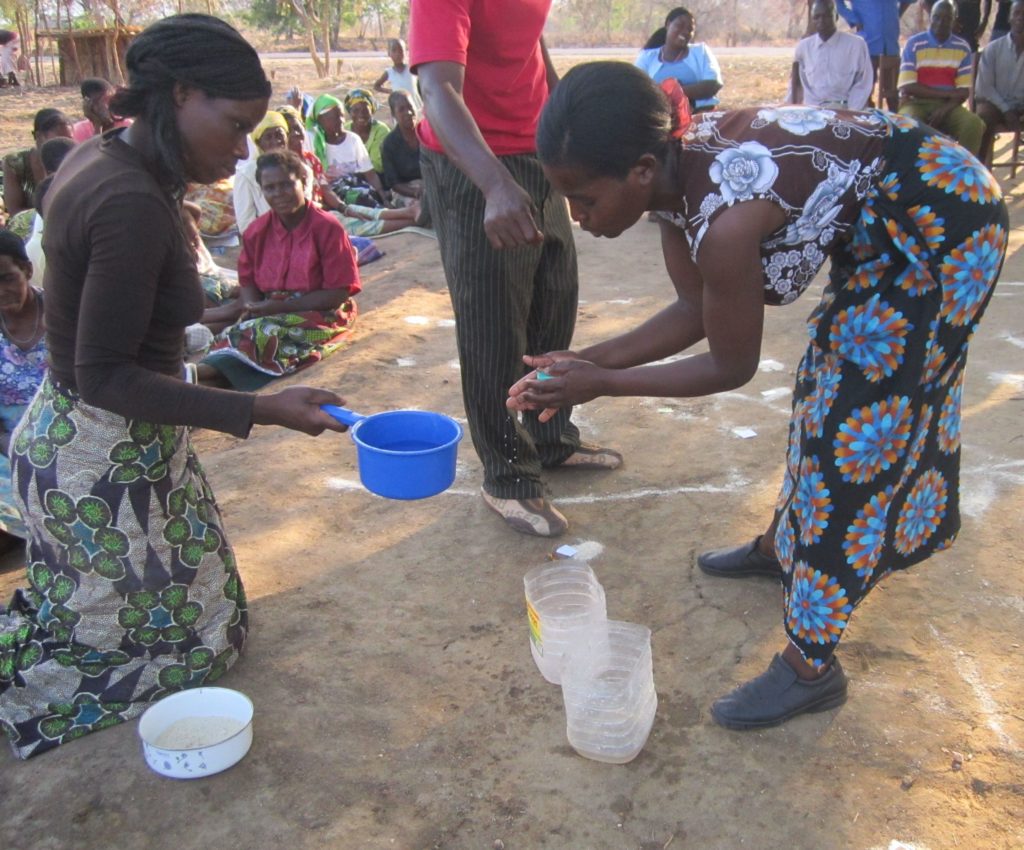In recent years more than ever, with COVID-19 causing havoc across the globe, handwashing with soap needs to become an integral part of everyone’s life.
It has long been known that handwashing with soap is a vital part of good sanitation and hygiene, can stop the spread of disease, and is a critical element of achieving improved health outcomes through WASH interventions. Studies have shown that handwashing with soap is one of the most cost-effective interventions to end preventable child deaths, can prevent 1 in 3 diarrhoea-related sicknesses and 1 in 5 respiratory infections, such as a cold or the flu.
However, these benefits can only be achieved when handwashing with soap is practiced consistently by the entire household at all critical times:
- Before preparing food,
- Before eating,
- Before feeding a child or vulnerable adult,
- After using sanitation facilities,
- After handling faeces such as a child’s,
- After handling livestock.
In the context of COVID-19, it is also important to wash hands with soap at these additional times:
- After coughing and sneezing,
- When returning home,
- After contact with frequently used surfaces,
- Before visiting vulnerable and high risk people, including older people.
Innovative approaches are needed to tackle growing challenges such as water scarcity, and handwashing in emergency settings.
We need to develop new and effective ways to promote handwashing with soap that result in behaviour change, work out how measure and monitor these changes, alongside developing effective soap alternatives, and creating better handwashing facilities. Advocacy is needed to ensure that policies, investments, and interventions continue to promote handwashing with soap on national and sub-national levels.









